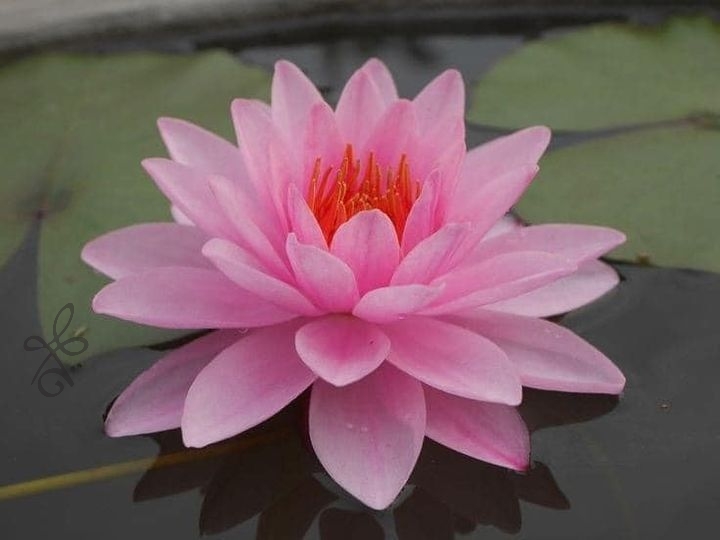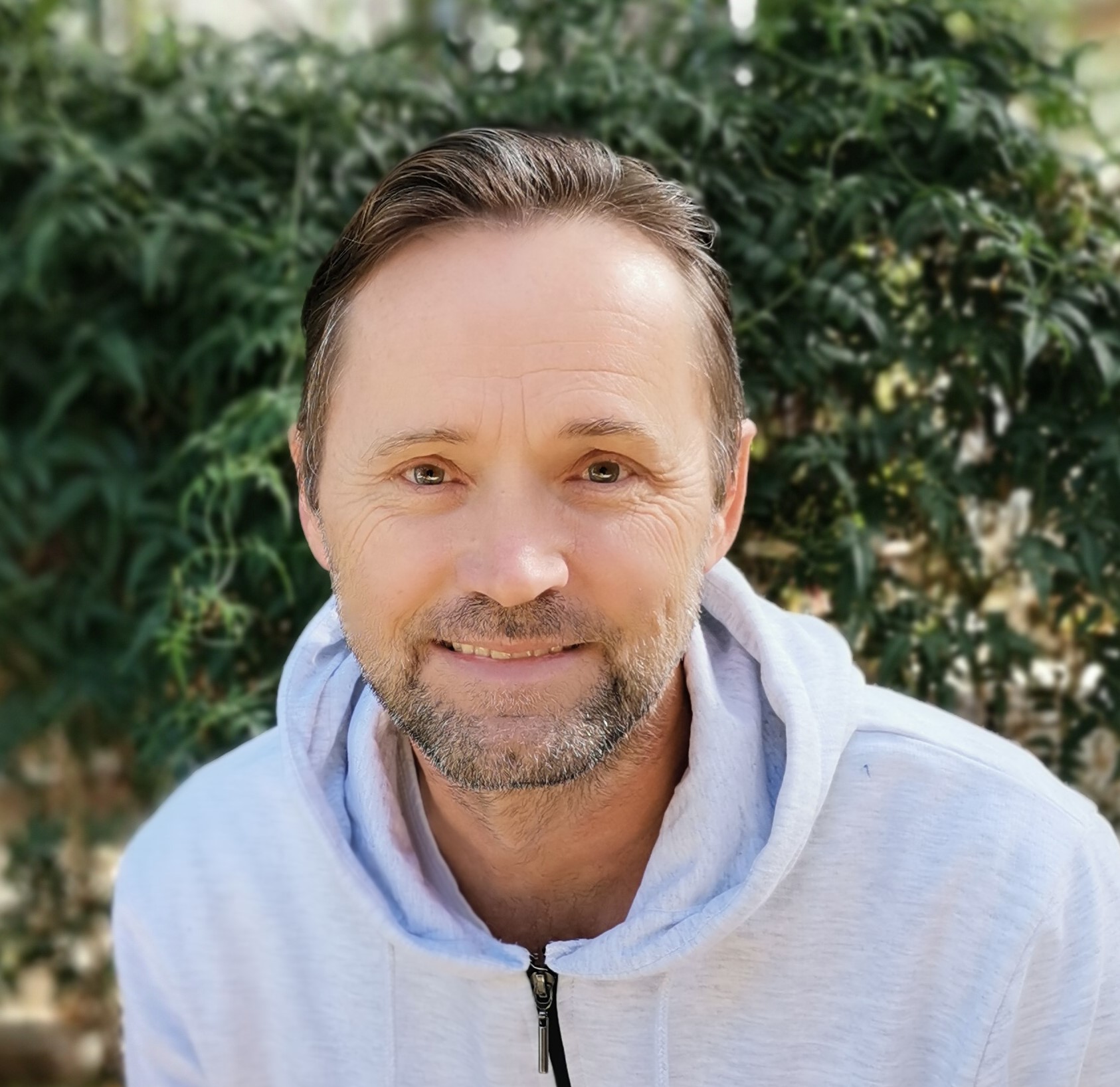- Details
- By Wolfgang Henckert
- Hits: 5
Our Aquariums of Madness
 One of the most subtle yet damaging threats in today’s world is the acceptance of beliefs that create division - either within ourselves or between us and others. These divisive ideologies often present themselves as sources of strength, righteousness, or exclusivity, but their true impact is corrosive, as they fuel hatred and promote conditional or "tough" love.
One of the most subtle yet damaging threats in today’s world is the acceptance of beliefs that create division - either within ourselves or between us and others. These divisive ideologies often present themselves as sources of strength, righteousness, or exclusivity, but their true impact is corrosive, as they fuel hatred and promote conditional or "tough" love.
Beliefs that create inner division can fragment our sense of self. By encouraging us to suppress or reject parts of ourselves that don’t fit an “ideal,” we end up in a state of inner conflict. This split within can lead to a sense of disconnection and self-criticism, undermining self-acceptance and peace. For example, rigid beliefs may cause us to see natural desires as wrong or sinful, leading us to suppress them instead of integrating them in a healthy way. Such an approach erodes wholeness and compassion for oneself. In contrast, a balanced perspective embraces all aspects of who we are, cultivating self-love and inner harmony.
Beliefs that promote separation between people are equally harmful. They create an “us vs. them” mindset that replaces empathy with judgment. These ideologies prey on fear and ignorance, dividing people through ideas of superiority or exclusivity, and fostering prejudice. Whether it’s through religious extremism, political divisions, racial biases, or cultural elitism, these beliefs convince us that we are fundamentally different from others. This outlook impairs our ability to connect and work together, eroding the potential for peaceful coexistence.
Hatred, regardless of its cause, has a steep cost. It depletes our humanity, intensifies suffering, and fuels cycles of pain. Hatred drains our energy and peace of mind, leaving lasting emotional scars on both sides. It blinds us to our common experiences and diminishes the chance for reconciliation. On a larger scale, hatred destabilises communities, fuels systemic injustices, and can lead to tragedy. History offers countless examples of hate-based ideologies leading to war, genocide, and profound human suffering.
Love, on the other hand, is a powerful and transformative force. Genuine, unconditional love is given freely, without strings attached. It is inclusive and healing, fostering compassion and understanding where division once stood. Unconditional love honours the intrinsic worth of every individual, bridging the divides created by fear and prejudice. It encourages us to recognise the humanity in others, creating unity and a sense of shared purpose. This love becomes a source of healing and positive change, both within us and in the world around us.
To resist divisive beliefs, we must foster a mindset of openness, compassion, and curiosity. This includes:
- Self-Reflection: Regularly examining the beliefs we hold and their impact on our lives. Are they promoting unity or division?
- Integration: Embracing all aspects of ourselves and striving for inner harmony, as wholeness brings healing.
- Empathy: Making an effort to understand others’ perspectives, recognising our shared human experience.
- Compassion: Practicing kindness and love, even when there are differences, because harmony is our natural state.
- Awareness: Staying vigilant against ideologies that foster division and actively countering them with messages of unity and love.
The energies we engage with can either weaken or strengthen us. The energy of truth empowers, while the energy of lies depletes. Any belief that divides us within ourselves or separates us from others carries a heavy cost. Hate always has a price, while love can be given freely, nourishing all it touches.
Instead of fighting for light, truth, or love, we simply need to bring them into the world quietly and sincerely. These forces sustain themselves; our role is to let them shine through us without grand gestures or fanfare.




 Copyright 2009-
Copyright 2009-